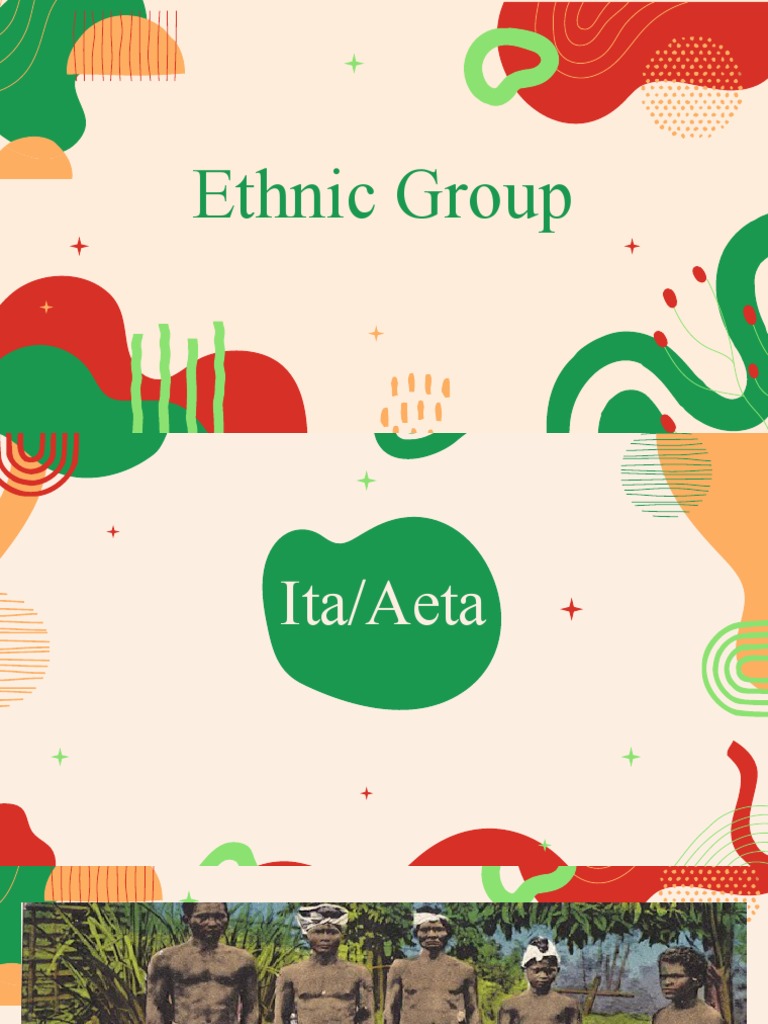Ethnic groups represent a fascinating tapestry of humanity, woven together by threads of culture, language, identity, and history. Each ethnic group embodies a unique set of traditions, beliefs, and practices that contribute significantly to the richness of human existence. At the heart of the fascination with ethnic groups lies a common observation: despite globalization and cultural homogenization, diversity persists. This resilience of ethnic identities raises profound questions about the nature of human belonging, the preservation of heritage, and the sociopolitical dynamics that govern group identities.
To appreciate the intricacies of ethnic groups, one must first consider the definition and characteristics that typify an ethnic group. An ethnic group typically shares a common ancestry, language, social structure, and sometimes religion. These shared elements foster a sense of solidarity and belonging among members, creating a collective identity. This identity, however, is not static. It evolves continuously, influenced by intergroup relations, globalization, migration, and changing social norms. The juxtaposition of tradition and modernity often creates a dynamic interplay between the preservation of ethnic culture and adaptation to contemporary global society.
Moreover, an individual’s affiliation with an ethnic group can provide a profound sense of belonging. In a world marked by rapid change and instability, ethnic identity can offer individuals a community of support, a connection to their roots, and a means of navigating their environment. For instance, indigenous groups often view their connection to land as intrinsic to their identity, encompassing not just a physical space but a holistic view of life that ties together spirituality, culture, and environmental stewardship. Thus, the preservation of ethnic identities goes beyond mere cultural nostalgia; it is a means of maintaining unique worldviews that challenge the dominion of a singular narrative often imposed by dominant cultures.
Ethnic groups also serve as vital arenas for the expression of cultural identity through art, music, dance, and language. These mediums become powerful conduits for the transmission of history and values. For example, the oral traditions of many indigenous people serve both educational and celebratory functions, encapsulating wisdom accrued over generations. The oral history narrated through song or storytelling reaffirms social bonds and imparts essential lessons about the world, reflective of the group’s values and philosophical outlook. Yet, as these traditions face the impending pressures of modernization, the struggle to innovate while honoring cultural legacies becomes increasingly pertinent, revealing an inherent tension that can fascinate both sociologists and anthropologists alike.
Furthermore, examining ethnic groups unveils deeper socio-political issues. The political landscape has often been shaped by ethnic lines, leading not only to celebration but, at times, to conflict. Ethnic tensions arise when different groups vie for recognition, resources, or autonomy. The complexities of ethnicity as a basis for conflict have been observed in various global contexts—be it through civil wars, genocides, or discrimination. These occurrences serve as stark reminders that the fascination with ethnic groups can be underscored by the darker facets of humanity’s history. Understanding these conflicts necessitates exploring the historical injustices, colonization, and socio-economic disparities that have compounded ethnic divisions.
In addition, globalization provides a dual-edged sword for ethnic groups. On one hand, global interconnectedness can erode traditional practices, leading to cultural dilution. On the other, it offers avenues for ethnic groups to gain visibility, share their narratives, and assert their identities on an international platform. The rise of social media has amplified this phenomenon, providing ethnic groups a means to challenge stereotypes, promote cultural pride, and engage in transnational dialogues. This digital landscape allows diverse narratives to flourish, compelling broader populations to recognize and embrace multiculturalism and the multifaceted nature of identities.
Despite these challenges and transformations, the fascination with ethnic groups also extends to their resilience. Many ethnic identities have been revitalized in recent decades as communities take charge of their narratives. Grassroots movements advocating for cultural preservation, language revitalization, and sustainable development exemplify how ethnic identities evolve. This resurgence not only highlights the power of cultural reclamation but also emphasizes the role of ethnic groups in addressing global issues such as climate change and ecological conservation. As custodians of traditional ecological knowledge, many indigenous groups are at the forefront of environmental activism, advocating for sustainable practices that align with their ethical values and worldviews.
In conclusion, ethnic groups encapsulate the essence of human complexity. They serve not only as vessels of cultural heritage but also as arenas where identity, social dynamics, and political power interplay. The common observation of ongoing diversity amidst globalization hints at deeper reasons for our fascination with ethnic groups—issues of belonging, conflict, and resilience that underpin the human experience. As society grapples with the ramifications of climate change, understanding the perspectives and knowledge of various ethnic groups becomes imperative in crafting sustainable futures. Ethnic groups thus remind us that the richness of humanity lies in its diversity, which warrants celebration, respect, and profound understanding.
